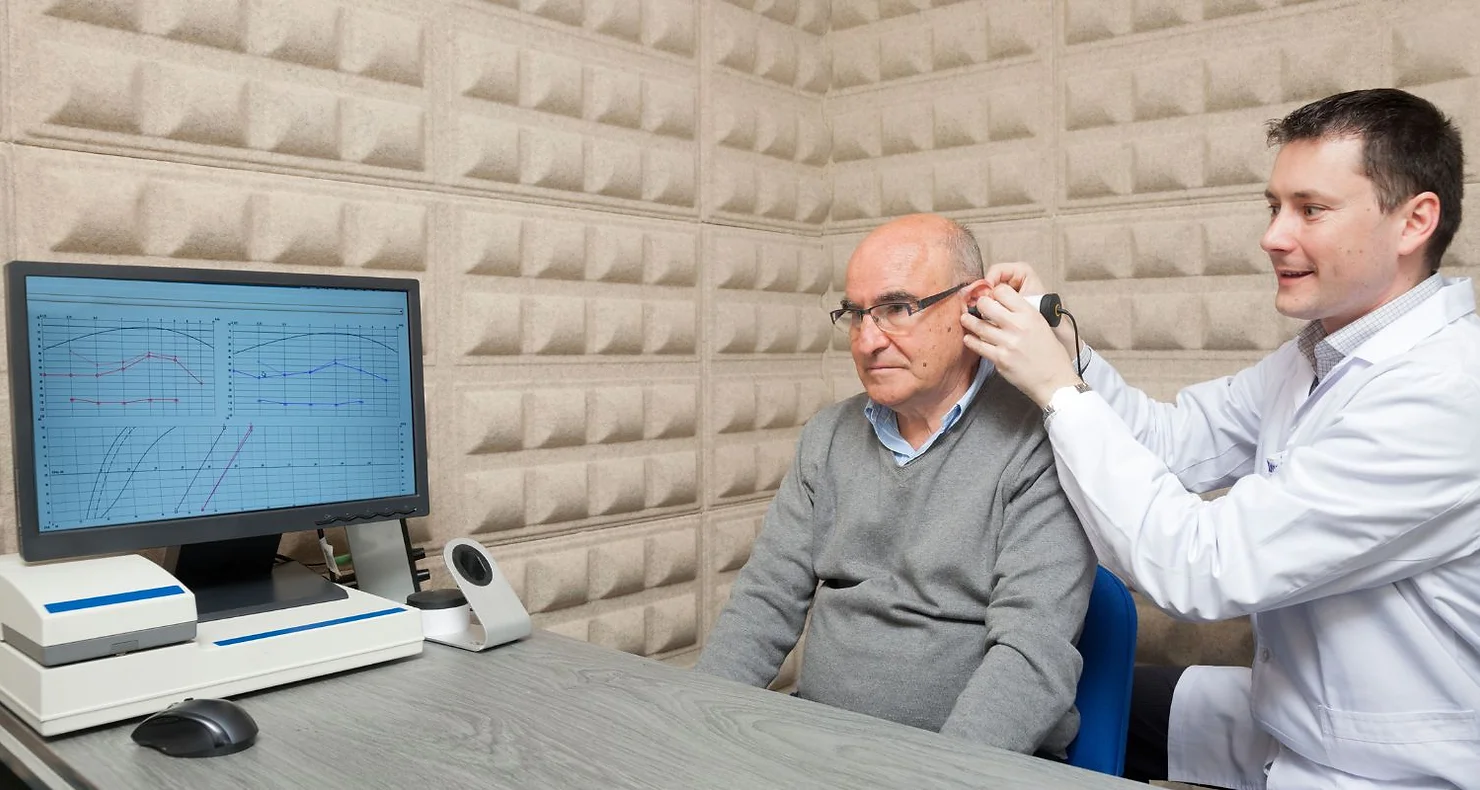
According to the National Institutes of Health, almost one-third of Americans aged 65 and older suffer from hearing loss. But despite its high prevalence, many people don’t do anything about their hearing impairment. If you’re among the millions of Americans with hearing loss, know that there are treatment options available that can help improve your quality of life.
What is critical to understand is that this is not a condition that will go away on its own. In fact, according to the National Institute on Deafness and Other Communication Disorders, 90% of all cases of hearing loss are sensorineural, or attributed to deterioration of the nerves and cells within the inner ear. These critical components of your hearing are irreparable, which is why even slight suspicions of impairment should be taken seriously. Ignoring hearing loss can lead to many other problems, including social isolation, depression, and difficulty maintaining employment. In other words, treating hearing loss is an investment in your future health and well-being.
The gravity of untreated hearing loss
As anyone who has dealt with hearing loss knows, it can be a difficult condition to self-diagnose. This is because the onset of hearing loss is often subtle, and the degradation progresses at an unnoticeably slow pace. As a result, people may not realize that they are losing their hearing until the damage has already become significant. From the time people suspect there is a problem to the time they finally take action, 7 to 10 years have usually passed, on average. At this point, many of the detrimental side effects of hearing loss have already become significantly pronounced and perpetual. A few of the most typical impacts include:
Strain on relationships
As humans are highly social beings, communication plays a critical role in how we thrive and fulfill our natural drives. When you have trouble deciphering speech, it will undoubtedly have a negative impact on your relationship with friends and family. The stability of these associations is often the foundation of your mental well-being, and as the quality of these connections deteriorates alongside your hearing ability, you may begin to grow more and more isolated from your loved ones.
Depression, loneliness, and social isolation
It is normal to feel depressed when your relationships with your loved ones are damaged. It’s important to remember, however, that social isolation and loneliness are two different things. You can experience loneliness even while surrounded by others. This is because hearing loss often makes you feel unwelcome in conversations to the point that you start evading them all together, which deepens your isolation from society.
Cognitive deterioration
Withdrawal from social interactions leaves you mentally and emotionally deprived. That is why maintaining an active social life is essential for cognitive health. Interacting with others helps to stimulate the brain, keeps you feeling connected and engaged, and encourages you to try new things. Research has shown that people with hearing loss are at greater risk for cognitive decline and dementia, so you must do everything you can to stay socially active.
Financial implications
Few people would dispute that professional success requires clear communication. After all, how can you hope to advance in your career if you can’t properly communicate with your colleagues? Unfortunately, hearing loss can have a profound impact on your ability to communicate effectively. One study found that employees with hearing loss are 50% less likely to receive promotions than their peers with normal hearing. In addition, workers with untreated hearing loss earn an average of $12,000 less per year than those who don’t have hearing loss. As these statistics make clear, ignoring your condition can lead to great financial forfeitures.
The benefits of hearing aids
Hearing aids are the most prevalent type of treatment for hearing loss. These minute devices can either be worn around the ear or placed completely within the ear canal and amplify sounds so you can hear them properly. They facilitate successful communication with those around you and allow you to maintain relationships, excel at your workplace, and sustain positive stimulation for your mental and emotional health. Despite significant mitigation of hearing loss symptoms and side effects, studies have shown that only 20% of people who stand to benefit from them have ever tested them out. Do not deprive yourself of the quality of life you deserve, and invest in the future of your health today! Contact us now to schedule a hearing exam!
